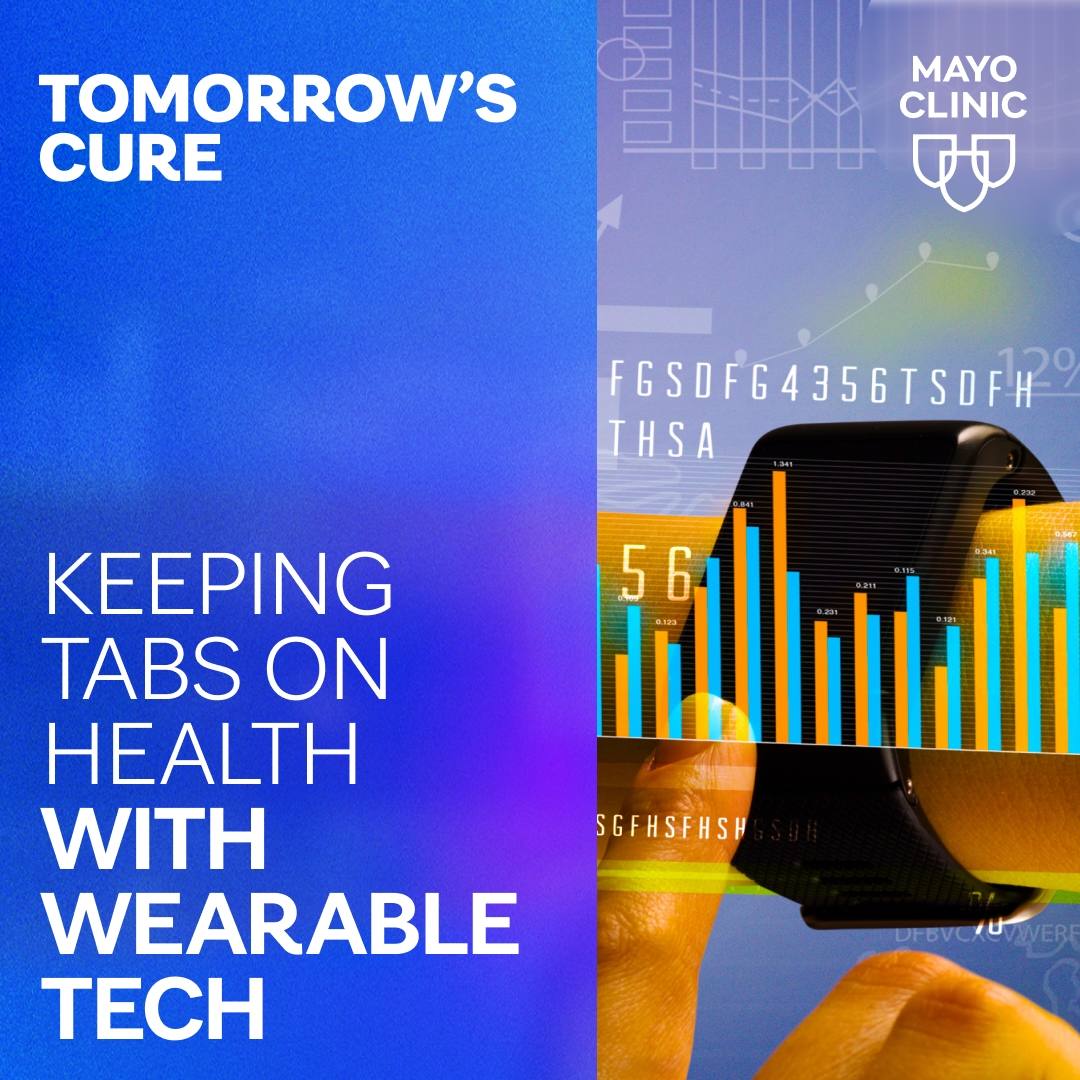High school sports are gearing up for the fall season, and, with that, comes the risk of concussions. Dr. Jennifer Maynard, a Mayo Clinic sports medicine specialist, and her colleagues have developed a screening program that involves testing brain function skills, such as memory, reaction time and recall before the sports season begins. Then, if concussions happen, retesting can determine when it's safe for athletes to return to the game.
Journalists: Broadcast-quality video (0:58) is in the downloads. Read the script.
Fall sports are in full play at many schools. All kids are at risk of concussion, especially those in contact sports. Dr. Maynard says, “A concussion happens when there’s a force transmitted to the brain.”
Dr. Maynard helped initiate a preconcussion screening program at Mayo Clinic. “Follow my finger.”
Before athletes start, they go through testing to determine what’s normal. Then, if they get a concussion, they’re screened again and can’t return to play until their test scores are back to baseline.
“When in doubt, sit them out, because you don’t want to put them at risk for getting a subsequent injury that could lead to longer-lasting effects,” says Dr. Maynard.
Symptoms of concussion include headache, blurry vision, confusion, balance problems, sleep disturbances and emotional issues, such as anxiety and sadness. If you suspect a concussion, pull the child from play, and follow up with a health care provider.







